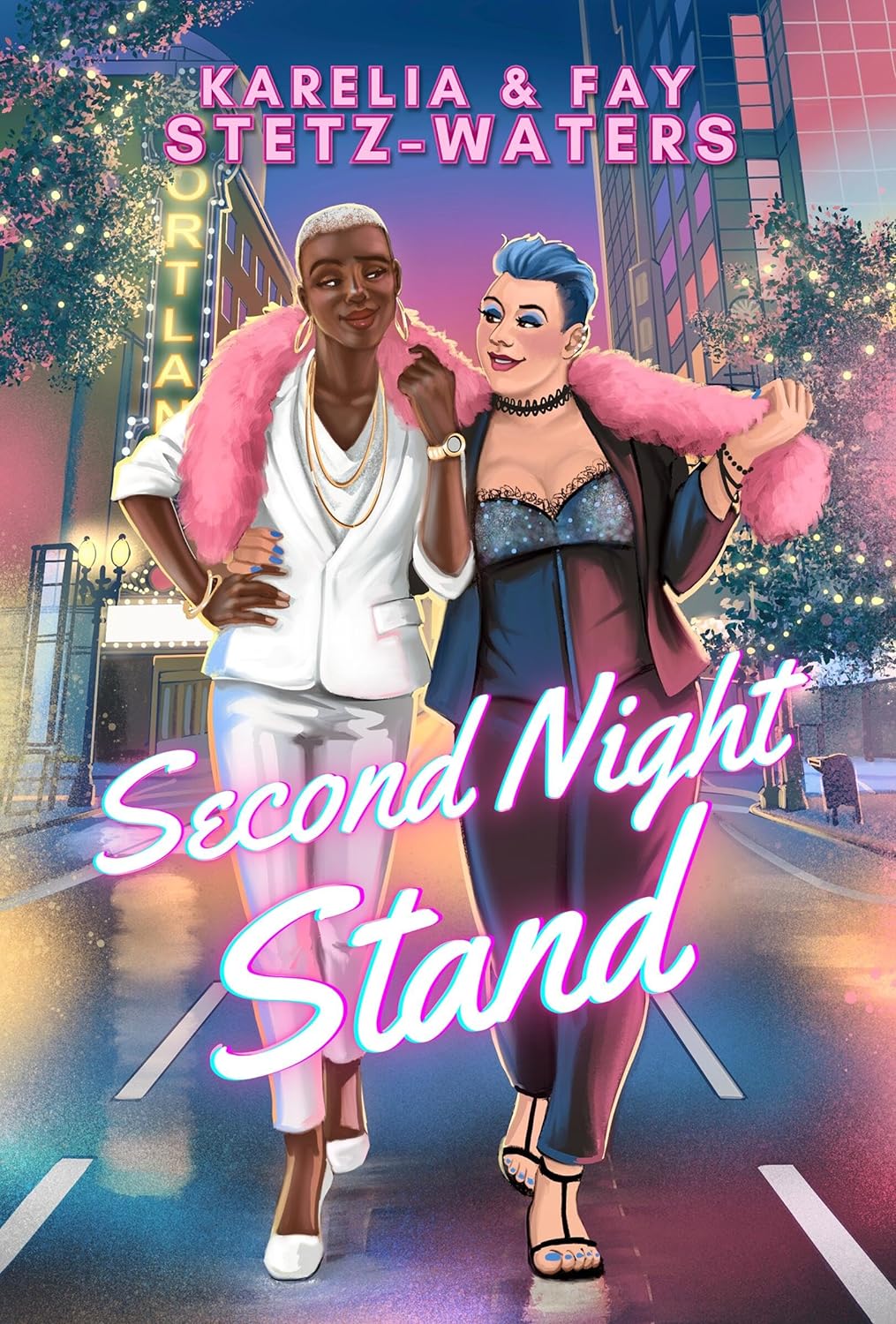
Murder! Cats! Art theft! Seriously, take a look at that adorable cover. How could I not fall in love with this book?!
The Cat Who Solved Three Murders is a cozy mystery starring a retired detective, Lulu Lewis, and her talking calico, Conrad. He talks only to Lulu; to everyone else, he simply says “meow.” It’s a unique concept, but one that, I’m afraid, turned me off somewhat. As a cat person, what I love most about cats in books is how the author manages to bring to life all the wonderful ways cats communicate without having to say a word. By giving Conrad human dialogue, I feared that LT Shearer simply created a regular human-like sidekick who just happened to have four legs and a tail.
That being said, Conrad does get his lovely moments of pure kitty cat. He comforts people by sitting on their laps and purring. He delights people by how skillfully he balances on Lulu’s shoulder. And in two delightful scenes, he turns action hero with claws and hisses. (My cats may, of course, argue that any self-respecting cat would’ve skillfully disappeared from sight in those scenes rather than put themselves in such danger, but, ehh, kudos to Conrad the action hero kitty.)
The mystery that Lulu and Conrad tackle is pretty good. The story begins when Lulu is invited to the mansion of a wealthy friend, Julia, for Julia’s husband Bernard’s 60th birthday party. But when Lulu and Conrad (her plus-one, which I thought was cute) arrive, they learn that Julia and Bernard’s home had been burgled. Julia was fortunately out of the house when it happened, but an insurance agent who’d been at the house to assess the value of some paintings had been killed, and Bernard injured. Some of the details around the burglary strike Lulu and Conrad as odd, and when someone is killed at the birthday party, they realize the need to dig deeper.
Like I said, the mystery aspect is pretty solid. The clues aren’t very subtle, so the big reveals are easy enough to figure out, but it’s still fun to see the story unfold. I like that Conrad is the one who discovers a significant clue by the pool, and there was a bit of fun in how Lulu had to come up with an elaborate story for why she’d noticed the clue herself but didn’t mention it till a day later.
Beyond that, as refreshing as I thought it was that this cozy mystery had a professional detective who was actually competent and receptive to the heroine’s contributions, I found it a stretch that Tracey included Lulu on so much of the investigation. It doesn’t matter that Lulu used to be a detective herself; surely, some of the things Tracey shared with her should have been confidential? Tracey treated her more like a partner than a civilian; she included Lulu in suspect interviews, allowed her to see the autopsy results, and just shared information like phone records without a single thought. Even though the author explained that Tracey was young and inexperienced, and even though it clearly worked for the best with this investigation, it still struck me as unprofessional on Tracey’s part, and I feel like that should have been addressed somehow.
And as much as I like Conrad, I do wish he’d been more cat-like. As affectionate and compassionate as he is in some scenes, his personality still came off as disappointingly flat. I do get that cats are often portrayed as jerks in books, so it’s kinda nice that this cat is portrayed as a nice character. But, well, Prozac in Laura Levine’s Jaine Austen mystery series shows more personality in a single scene than Conrad does over multiple chapters.
Conrad’s dialogue does often make him feel like a human stand-in. Even though he reminds Lulu about his cathood multiple times (like when he hears something that she doesn’t, and he reminds her it’s because cats have better hearing), it comes off as unnecessary. Worse, it’s a glaring reminder of how easy it is to forget that Conrad is a cat, not because he’s such a special creature for being able to speak, but because he isn’t quite as compelling as real kitties are. Also, as much as I love cats and appreciate how many characters seem delighted by Conrad’s presence, the whole “that’s a cat!” “he’s on your shoulder!” “he meows!” type of scene actually got old. Even for me, which says a lot, because normally, I love scenes of people gushing over cats. But here, it just happens so often, and in pretty much the same way each and every time, that the novelty and charm eventually wore off.
Still, overall, Conrad is still a pretty cool cat, and I like that he literally saves the day a couple of times. Lulu seems a good series lead, and the mystery itself was fun to read about. This may not have met my (admittedly ridiculous) high hopes of becoming my new favourite mystery series, but it’s a fun mystery nonetheless. And I’m all for more cat detectives in fiction, please and thank you!
+
Thank you to Publishers Group Canada for a copy of this book in exchange for an honest review.

 “New risky fiction — with no names attached.”
“New risky fiction — with no names attached.” Karelia Stetz-Waters’
Karelia Stetz-Waters’